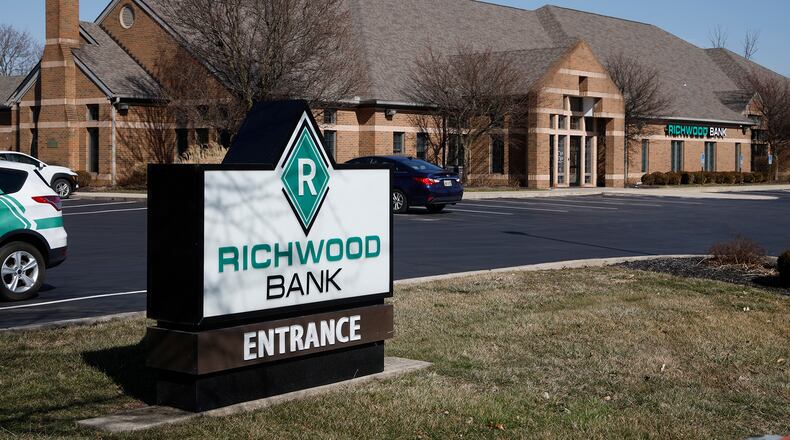Mike Gillen, Bank Secrecy Act officer with Richwood, said at a recent Haitian Coalition meeting in Springfield about 6 million households in the country are unbanked, which can lead to higher costs from fees coming from check cashing, money orders, prepaid cards and ATMs.
“You still need to pay for things, you still need to buy things, but without an account it comes at a higher cost,” Gillen said.
Having no bank account also makes it more difficult to obtain a credit card the standard way, and people without accounts are more likely to use payday lenders, which can have high fees and interest, Gillen said.
In Ohio in 2021, the FDIC found that 3.5% of the population is unbanked. Immigrant populations are more likely to not have bank accounts than natural born citizens, but the data is not broken down for Haitian immigrants, Gillen said.
“It’s stifling their ability to thrive and everything else,” Gillen said.
According to the FDIC, 40% of people are unbanked because they could not meet minimum balance requirements, 33% don’t trust banks and 33% have privacy concerns.
“We take privacy extremely seriously,” Gillen said. “In fact, I guarantee that people are giving a lot more information to companies that don’t have anywhere near the privacy concerns.”
Gillen said Richwood is working to provide education on what is necessary to open a bank account and why it is important. Banks require a name, date of birth, Social Security number or application for one, job title, phone number or email and a photo ID like a driver’s license or permanent resident card.
Anyone who uses a passport as their photo ID must also present documentation showing they are legally in the U.S., Gillen said.
Banks also ask questions related to if a person is politically exposed, meaning if they have access to a foreign government’s money; and about estimated monthly activity, Gillen said.
Richwood Bank has a checklist to open an account available in Haitian Creole, and employees use Google Translate to help communicate with non-English speaking customers, said Branch Sales Manager Jon Whitacre.
Fifth Third Bank also uses Google Translate or a language help line to assist. In many cases, an employee can share details with a customer by pulling up the bank website on their phone, which is usually translated to their native language.
The community can help by being on the lookout for people who do not have bank accounts, Gillen said.
“How are they paying today? Are they pulling out a prepaid card or they’re saying, ‘Wait, I got to go get a money order to pay for something,’” Gillen said. “Those are signs they are unbanked and they could use our help.”
Once one person in the community gets a bank account, they may tell others, Gillen said.
About the Author

